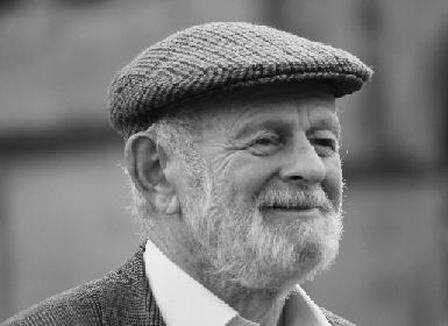Oxford Menorah
|
The Oxford Menorah is a community magazine published three times a year. Established around 1970, it contains articles of interest to the Oxford Jewish community, and is independent of, but subsidised by the OJC. The editors welcome articles on a wide variety of subjects from members of the community and beyond, from all ages and covering many interests – both topics of general Jewish interest and specific issues arising within the community. The magazine also carries reports of events organized within the community, and on the personal achievements of members. It includes book and film reviews, contributions from the community’s young members, imaginative writing and can act as a forum for comment and debate.
Menorah comes out at the beginning of January, May and September. It is sent to members, but is also available to non-member subscribers. Rates (incl. postage): Free to members of the OJC; otherwise UK £15/yr, overseas £30/yr. For further information, to make suggestions or to volunteer to submit articles, please contact us at editor-menorah@ojc-online.org. |
|
|
Contact UsThe Oxford Jewish Centre
21 Richmond Road Oxford OX1 2JL Tel: 01865 514 356 Tel: 07525 785 200 Email: connections@ojc-online.org |
Navigation |
No photos were taken on Shabbat or Haggim. Copyright © 2020 Oxford Jewish Congregation. All Rights Reserved.
Oxford Jewish Congregation is a registered charity: Charity number 231853
Oxford Jewish Congregation is a registered charity: Charity number 231853


